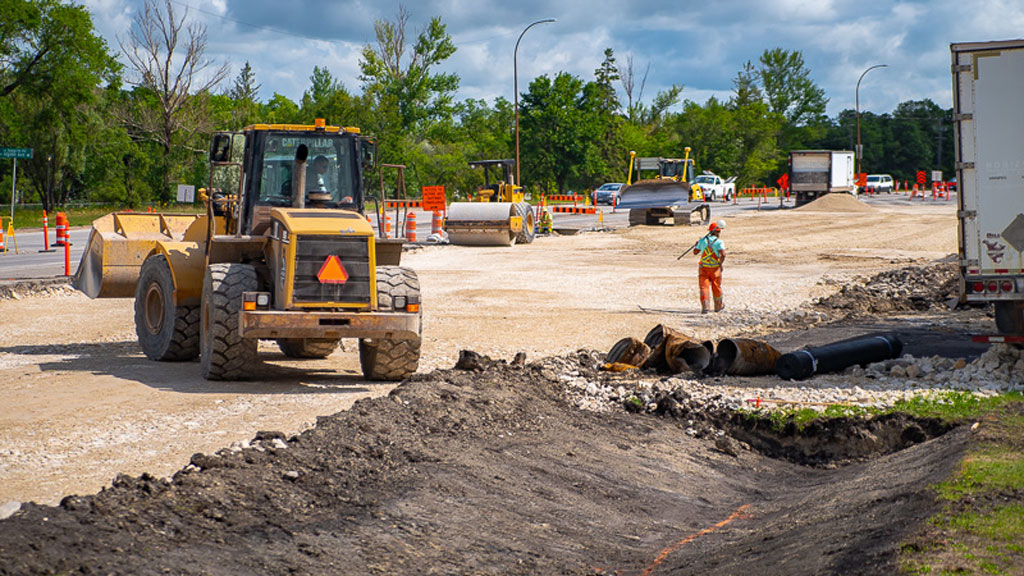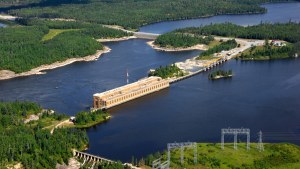SPRINGFIELD, MAN. — The Manitoba Heavy Construction Association (MHCA) is calling on officials in Springfield to rethink legislation that they say could jeopardize aggregate reserves.
In its newsletter, the MHCA stated it is working with industry representatives and an external adviser to respond a proposed bylaw in the RM of Springfield to regulate pits and quarries. The association said the municipality only revealed its draft bylaw in December, giving the industry little time to respond.
“There are extensive new regulations to proposed development of pits and quarries in Springfield that are of marked concern to the industry,” MHCA president Chris Lorenc said. “We understand the bylaw has already had first reading by the municipal council so there is limited time for response.”
The association noted that limits for setbacks from pits and quarries, including those from the edges of residential properties and water bodies, are a significant cause of concern for its members.
“The setbacks have the potential to sterilize some high-quality aggregate reserves – perhaps the best found in Manitoba – in the municipality. The water-body setbacks, especially, have been described to us as unnecessarily strict.”
Lorenc explained the aggregate reserves are controlled by provincial legislation, which aims to protect access to the materials. He added this is an acknowledgement that aggregates are the “foundation for every type of infrastructure construction and there is no engineered alternative.”
He stated aggregate reserves cannot be cultivated in the Capital Region, crews are forced to seek it out elsewhere, meaning higher construction costs and more greenhouse gasses.
“We want to work with the Springfield council and have already contacted the RM CAO and mayor to express our preliminary concerns,” Lorenc said.










Recent Comments
comments for this post are closed